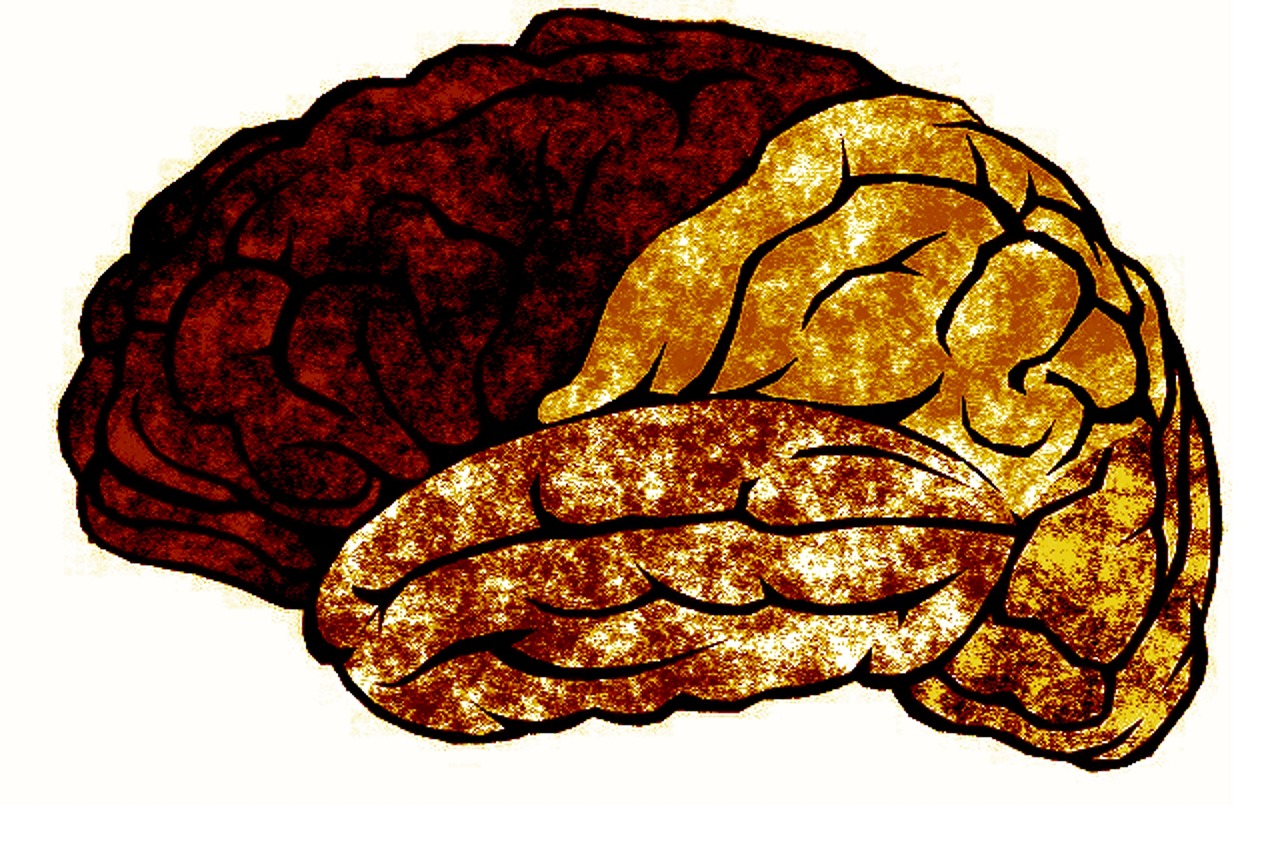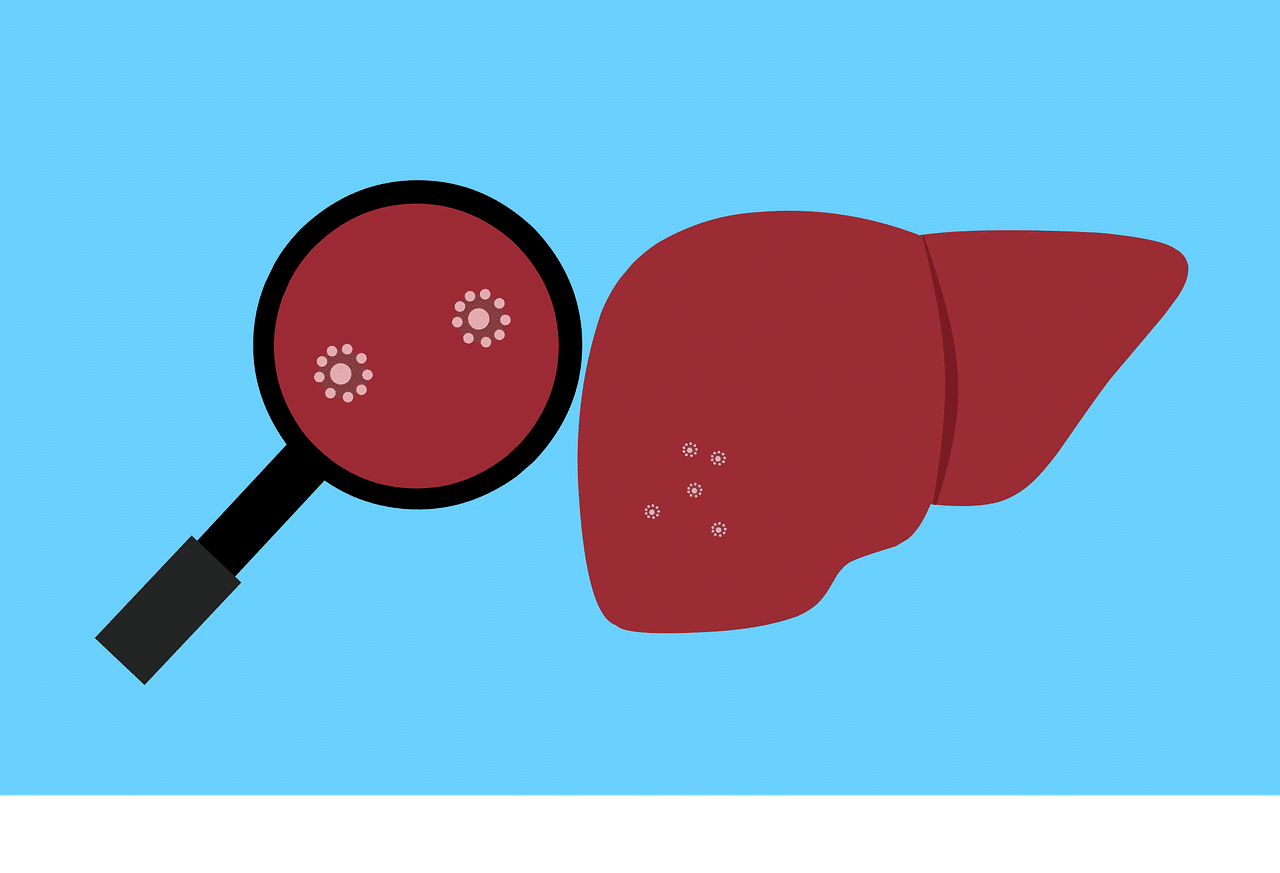Ketamine is a common drug that is used for anesthetic purposes. It is mainly used on animals but it doesn’t restrict people to try them on their bodies. Doctors have warned about the dangers of ketamine for the brain as it may induce extreme hallucinations leading to permanent damage to brain cells. This experience could be near death or fatal, based on how and much ketamine a person is using. But why would anyone use an anesthetic drug anyways?
People have weird definitions of fun and some more ‘adventurous’ people like to do thrilling experiences mainly generated with chemical triggers. Using ketamine is no less than a fun activity because it temporarily shuts the brain and it induces a dreamy, detached, and relaxed feeling.
Also read- Vaccine Nationalism Threatens Progress Over Coronavirus Pandemic
The medicinal form of ketamine is clear liquid but it is sold in streets and black-market as white to brown powder or white tablets. It tastes bitter and quite disgusting but it doesn’t help its users not to use ketamine. The common uses of ketamine include snorting the powder, injecting its liquid form, swallowing the ketamine pill, or smoke it like a cigarette. But in all forms, dangers of ketamine for the brain remain to be highly likely.
The research team from Cambridge University has identified two distinctive brain functions that can explain the dangers of ketamine for brain cells. In these experiments, the researchers were trying to understand the brain waves as a part of Huntington’s disease treatment. It is a rare genetic disease associated with the brain. But during these trials the brain activity after ketamine was recorded to be exceptionally unique.
Jenny Morton from Cambridge University is the lead researcher of this study. According to her, this unusual brain activity can make any ketamine user feel that their brain is no more attached to their body which is why they feel more ‘relaxed’ and ‘stress-free’.
The trials on sheep suggested that a one-time, high dose is sufficient to bring these effects. This dosage was set as 24mg/kg which is the highest amount of ketamine as an anesthetic drug.
As soon as the ketamine is injected into the body, it takes less than two minutes to change the activity of the brain, suggesting that it is highly reactive. During the trials, 5/6 sheep experienced a complete disconnection of the brain within two minutes while for the 6th subject, it took a little longer.
Also read- Taking Unnecessary Dietary Supplements for COVID-19 May Be Harmful to Health
These results were astonishing because ketamine doesn’t only lower the efficacy of the brain, rather it stopped it completely. It is something that researchers have never experienced before which is why dangers of ketamine for the brain were never estimated.
But after some minutes, the function was restored on its own suggesting there might be something like a ‘switch’ which connects or disconnects the brain after being injected with ketamine.
This newly discovered phenomenon of ketamine for the brain is termed as ‘K-hole’ which explains why some of the ketamine addicts call their experience ‘near to death’ or ‘death-like’. Unlike other drugs that temporarily lowers the capacity of the brain to think and understand, ketamine actually shuts it down which somehow brings a feeling of extreme serenity to the user.


